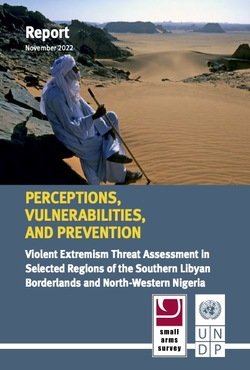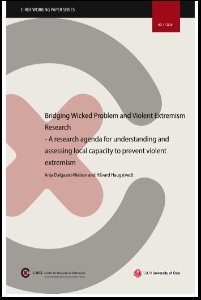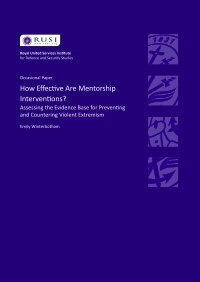By Richard Chalk
This policy brief explores new and innovative communications approaches to reduce the threat from all forms of violent extremism in Europe today based on a precise analysis of the strategic problem and corresponding strategic communications solutions deployable in response. In the context of an ever-evolving violent extremist landscape, including new and emerging forms of violent extremism, unfolding events in Israel and Gaza, and an accelerating digital environment this policy brief looks at how governments can take a more strategic approach to preventing and countering violent extremism (P/CVE). Based on a strategic analysis of current events and an informed analysis of previous policy responses, this policy brief offers a new and practical approach to the use of strategic communications aimed at safeguarding all communities from all forms of extremist and violent threats, to turn back the tide of extremist influence for good.
The Hague: International Centre for Counter-Terrorism (ICCT). 2024, 17pg








